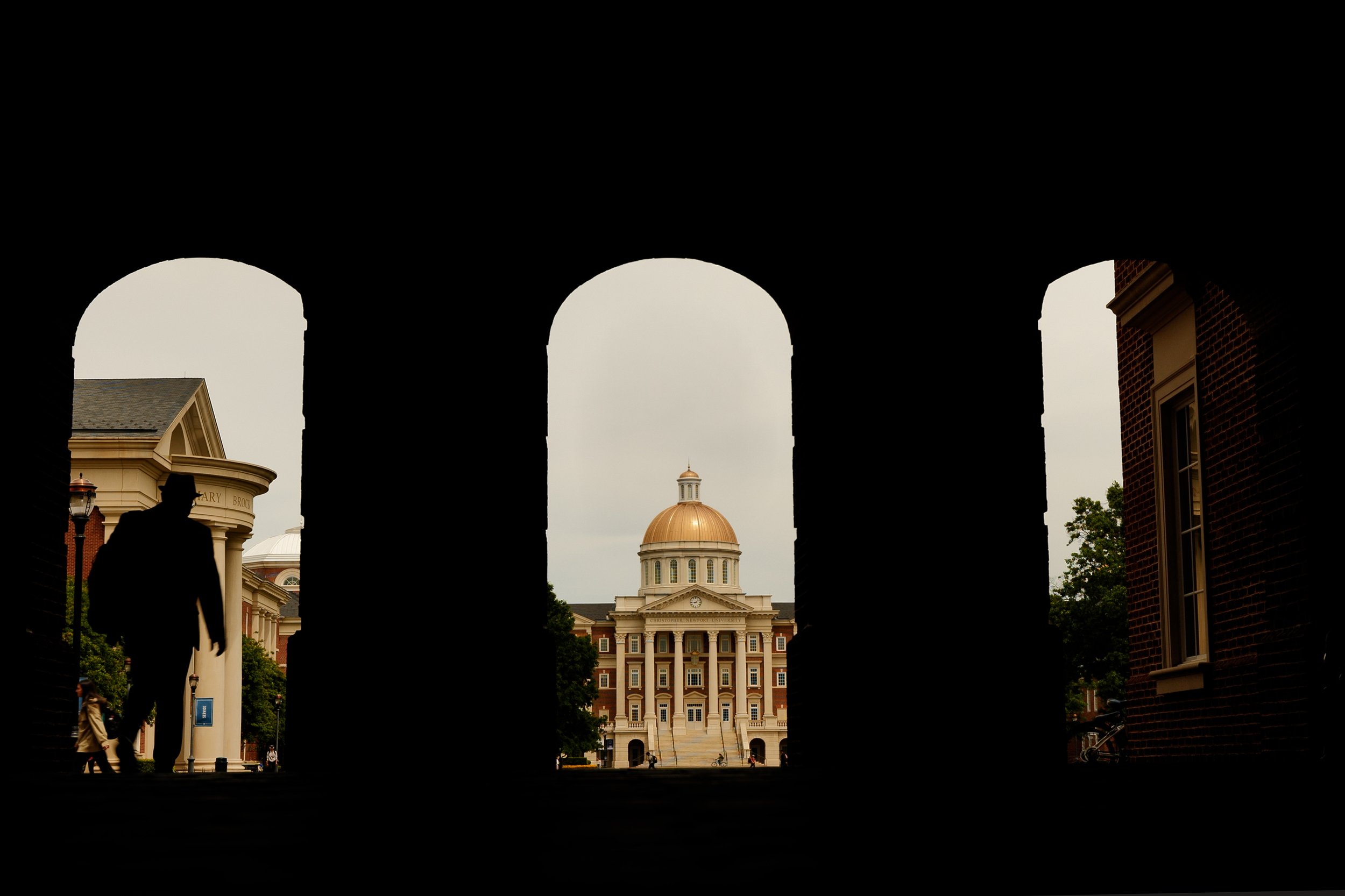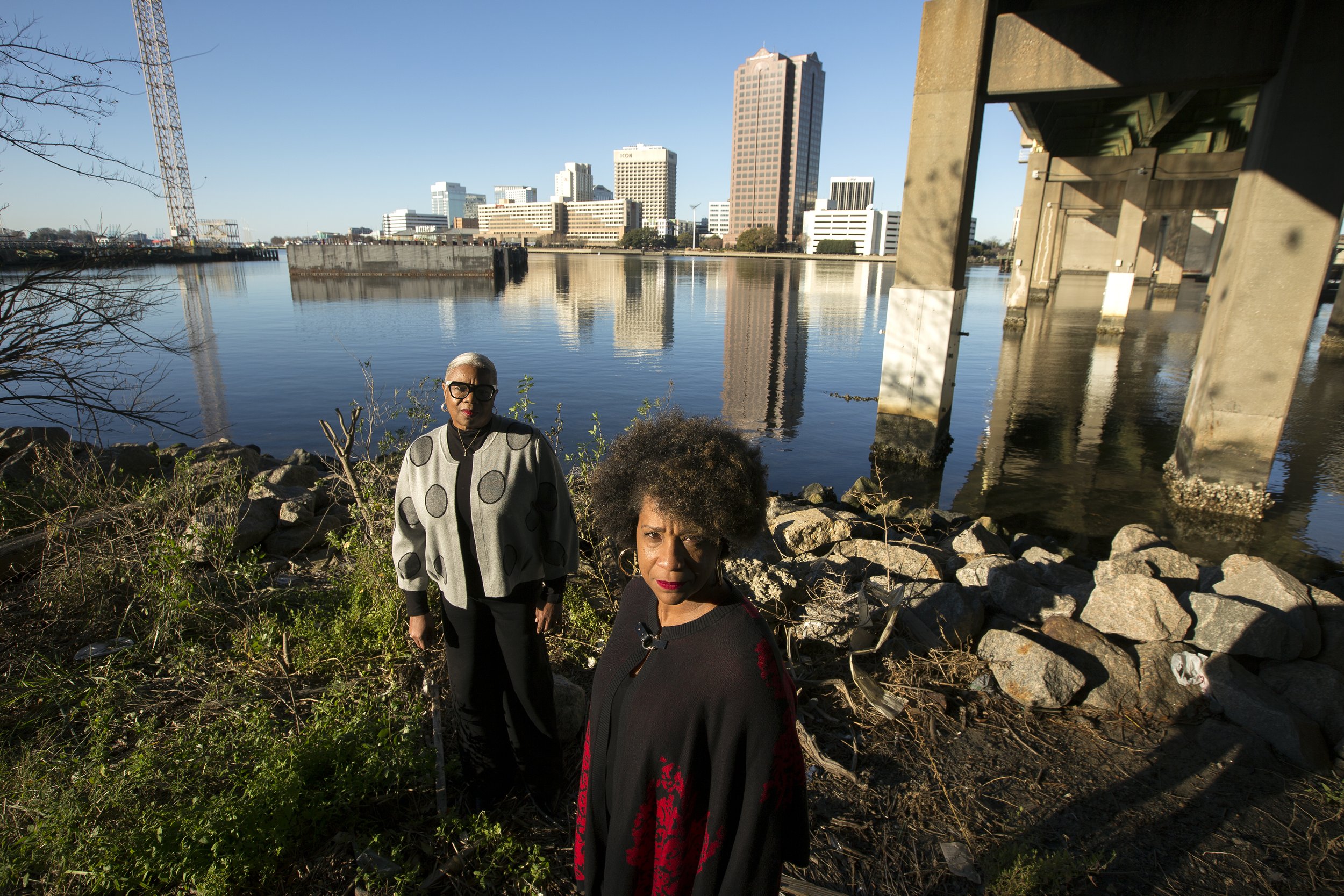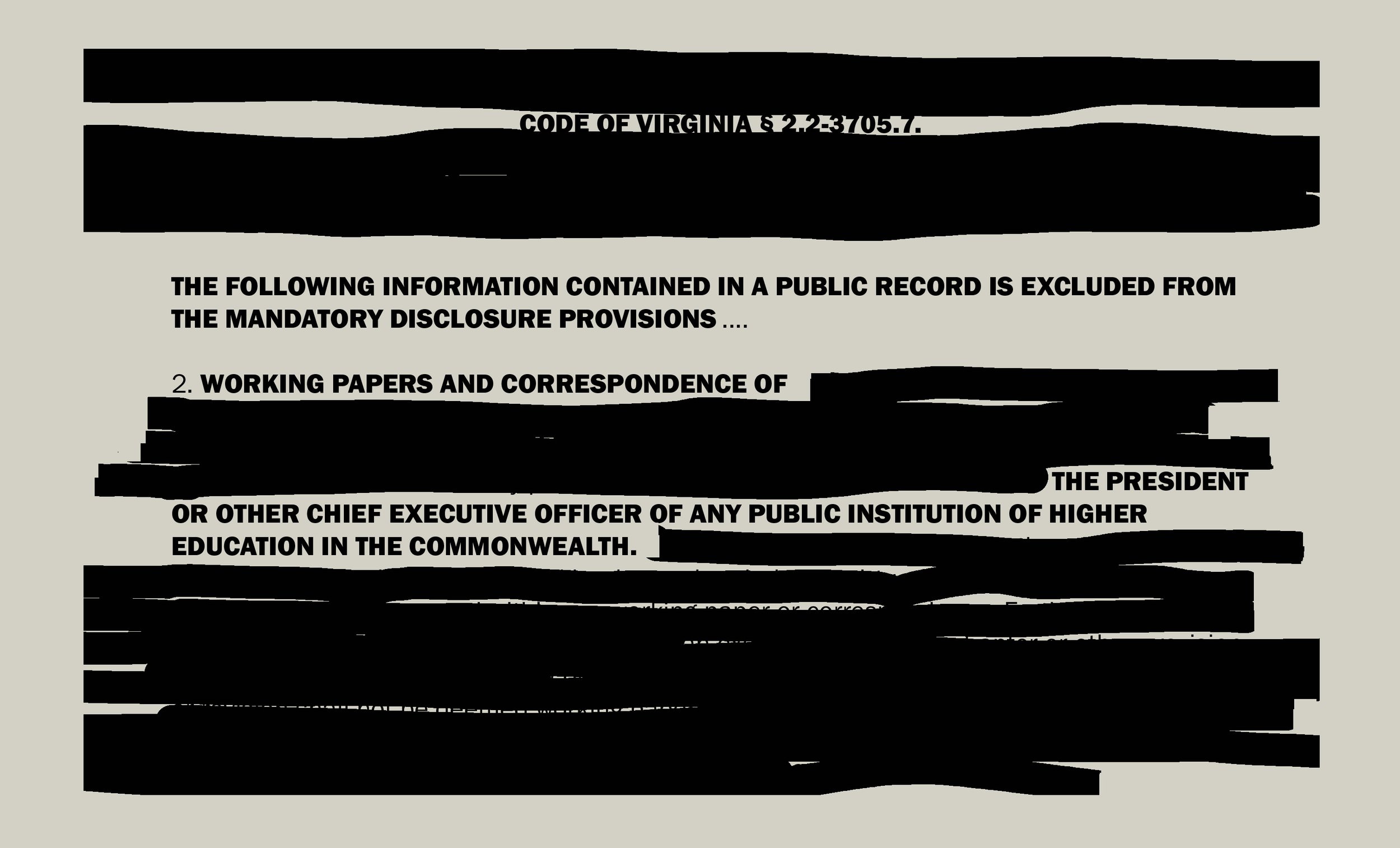Federal actions hit hardest on needy families in small cities and rural, southwest counties, according to a VCIJ at WHRO analysis.
Read moreFederal cuts and shutdown heighten food insecurity across Virginia
SNAP beneficiaries will temporarily receive assistance through the Virginia Emergency Nutrition Assistance as government shutdown locks up funding for the federal program. Photo by: Spencer Platt/Getty Images


















